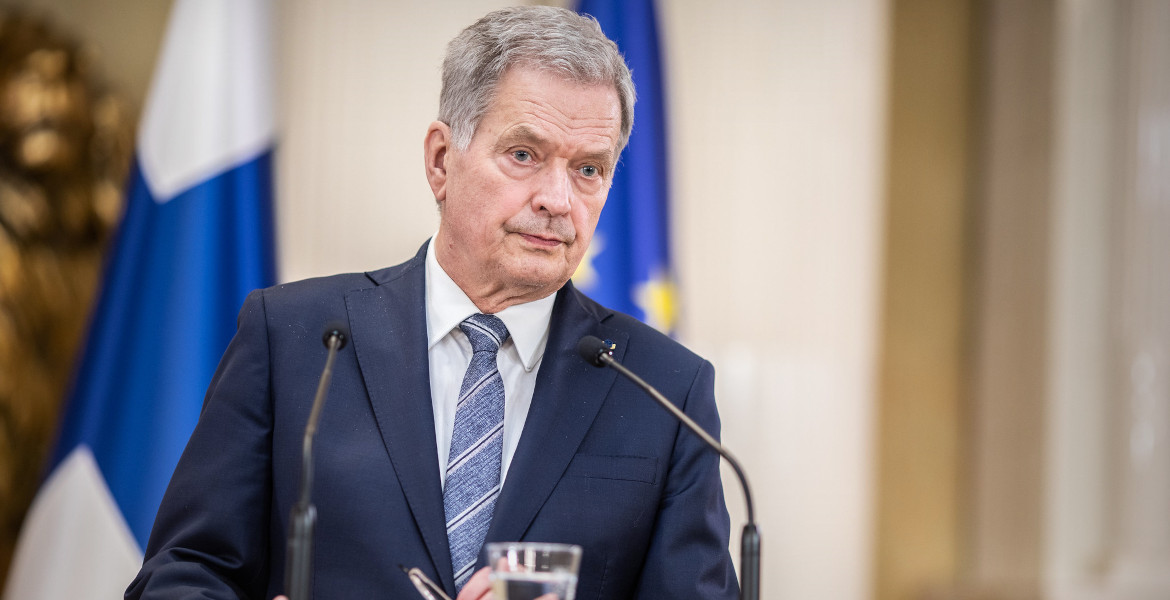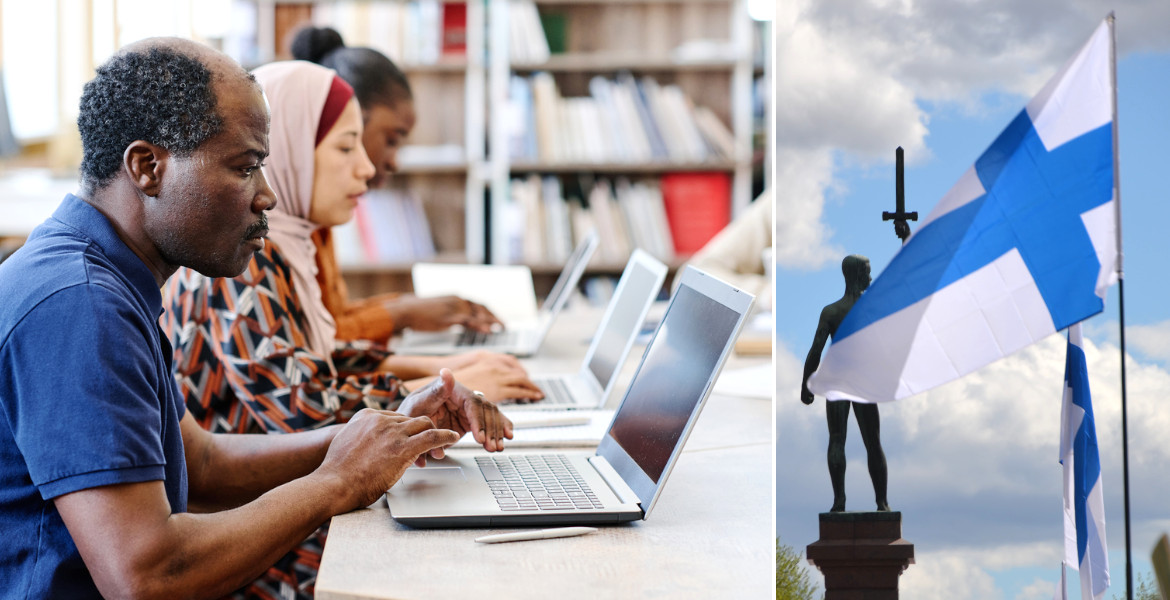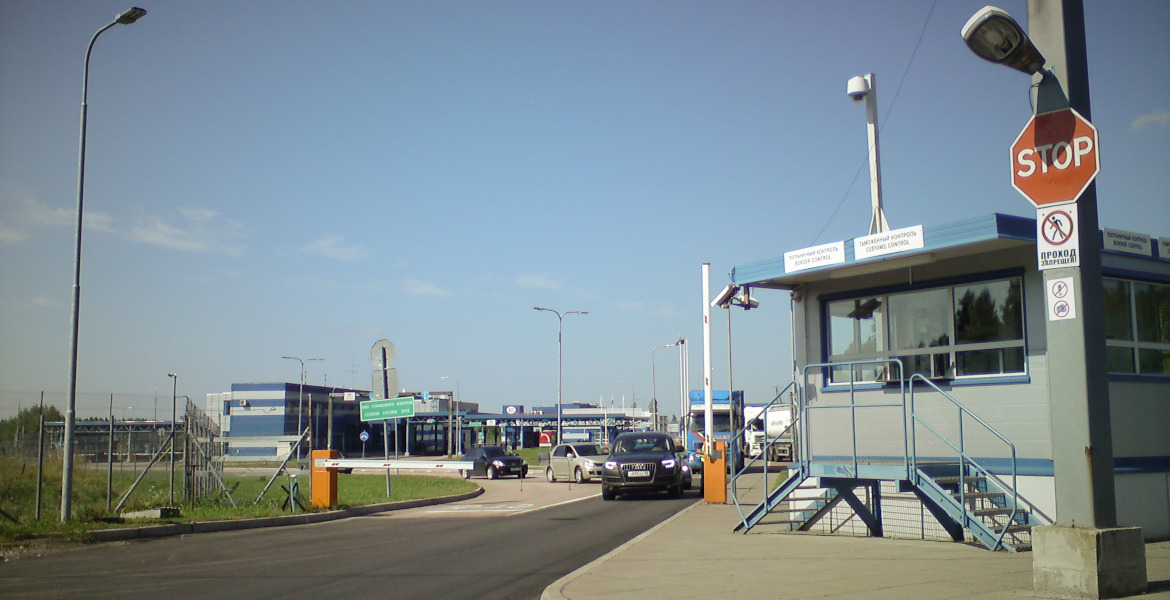Deposits believed to contain gold worth several billion euros have been discovered in eastern Finland. Mining company Endomines is now planning a massive expansion and aims to become a significant global gold producer.
In the easternmost part of Finland, just a few dozen kilometers from the Russian border, large gold deposits have raised hopes of an imminent gold rush. Record-high gold prices and new promising discoveries are giving Finnish mining company Endomines a bright outlook for the future.
— I believe in gold. There's enormous potential here that hasn't been exploited yet. We're finding new promising deposits all the time, says the company's CEO Kari Vyhtinen to Finnish public broadcaster Yle.
The latest major discovery is the Ukko deposit in the municipality of Ilomantsi, where gold occurs in connection with an enormous iron formation that is seven kilometers long. The deposit is part of the so-called Karelian gold line, a 40-kilometer-long area in Ilomantsi's greenstone belt.
According to Bo Långbacka, a specialist expert at the Geological Survey of Finland, the Finnish bedrock is fully comparable to the rich ore areas in Canada and Australia. He believes that Finland, from that perspective, has Europe's best conditions for gold extraction.
Seven-fold production increase planned
Currently, Endomines knows of approximately half a million troy ounces of gold (about 15.5 tons) in its area, but the goal is significantly higher than that.
— In five years, we should ideally know of two million troy ounces of gold. Our gold production could then amount to 100,000 troy ounces, Vyhtinen continues.
This would mean a seven-fold production increase, and with today's gold price, which is around €106 per gram, such production would be worth approximately €330 million annually.
1,200 meters underground
Endomines currently operates two mines in Ilomantsi – the Pampalo mine and the Hosko mine. At the Pampalo mine, work is now being conducted at a depth of 900 meters, and by 2032, operations will be 1.2 kilometers underground.
The company invests four to six million euros annually in prospecting to find new gold deposits. Operations are growing rapidly – the company has about a hundred employees and recently hired 20 new staff members.
Ahead of autumn's test drilling at the Ukko deposit, the CEO says the excitement keeps him awake at night.
— It's so exciting and thrilling to wait for the results, says Vyhtinen.




